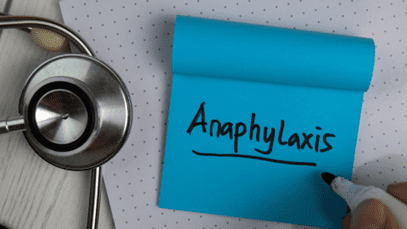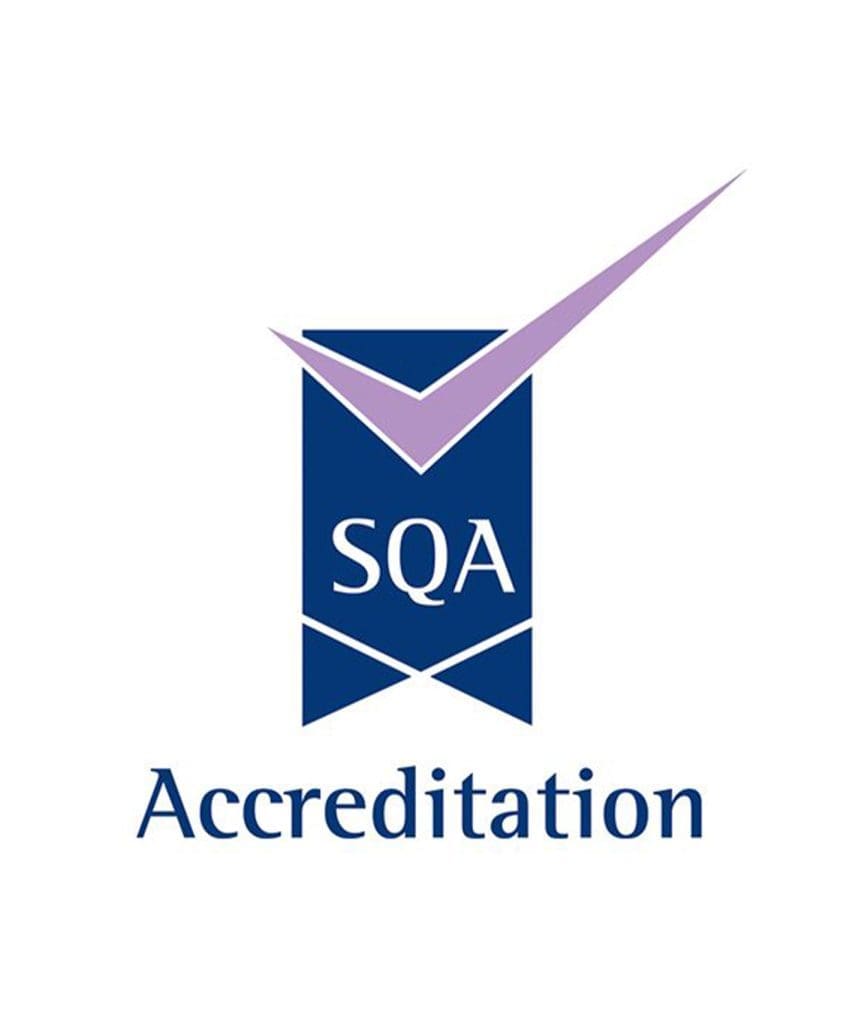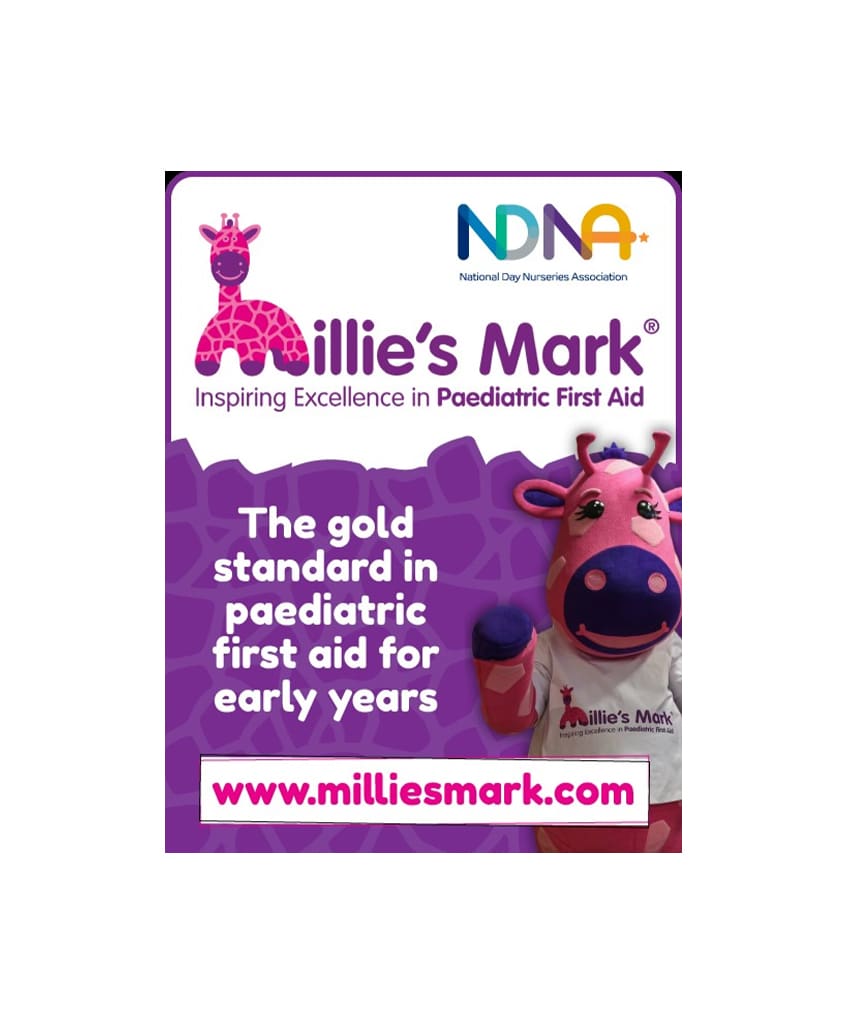Anaphylaxis (pronounced anna-fill-axis) is a serious and often sudden allergic reaction, requiring emergency treatment.
Any allergic reaction, including anaphylaxis, occurs when the body’s immune system wrongly identifies a food or substance as a threat.
Reactions usually begin within minutes and rapidly progress but can occur up to 2-3 hours later.
What is an allergic reaction?
Allergic reactions are caused by the sudden release of chemicals, including histamine, from cells in the body. The release is triggered by the reaction between the immune system antibodies (called Immunoglobulin E or IgE) and the food or substance (known as an allergen) it has been exposed to.
Even if the individual might not have been aware of it at the time, the body will have already been exposed to the allergen at some point. Because the allergen was incorrectly perceived as a threat on the previous occasion and antibodies were produced in response, a significant reaction could happen the next time it is exposed.
Due to the mechanism’s extreme sensitivity, occasionally even very small doses of the allergen can result in an allergic reaction.
What are the symptoms?
The majority of medical professionals describe an allergic reaction as anaphylaxis when it involves breathing difficulties, changes in heart rhythm, or a drop in blood pressure.
Any one or more of the following symptoms may be present – these are often referred to as the ABC symptoms:
- AIRWAY -swelling in the throat, tongue or upper airways (tightening of the throat, hoarse voice, difficulty swallowing)
- BREATHING – sudden onset wheezing, breathing difficulty, noisy breathing
- CIRCULATION – dizziness, feeling faint, sudden sleepiness, tiredness, confusion, pale clammy skin, loss of consciousness.
In certain circumstances, blood pressure may decline dramatically. They may get a sense of something terrible happening and feel shaky and weak. Any of the ABC symptoms can result in unconsciousness and collapse, which, in rare cases, can be deadly.
Other symptoms that might be present include:
- a red raised rash (known as hives or urticaria) anywhere on the body
- a tingling or itchy feeling in the mouth
- swelling of lips, face or eyes
- stomach pain or vomiting
It’s crucial to have an allergy action plan in order to be ready and to assist you and people close to you in understanding what to do in an emergency.
What to do in an emergency?
Stay where you are if you have any anaphylactic symptoms. To encourage blood flow to return to your heart and other essential organs, you should lay flat with your legs lifted.
If you are having trouble breathing, you might need to be propped up, but only for a short amount of time.
Avoid making any abrupt changes to your posture. Even if you feel better, you must not get up or sit down. Your blood pressure may drop significantly as a result, which might cause your heart to stop.
Make sure to use your Adrenaline Auto-Injector
- Anaphylaxis can occur suddenly. Use one of your adrenaline auto-injectors (AAI) for example an EpiPen as soon as you have a suspicion of anaphylaxis
- Do not wait to see how serious the situation is or whether it will get worse. Use your AAI if in doubt
- Your AAI should be administered into the muscle in your outer thigh. It can be given through clothes if necessary, avoiding bulky pockets or seams. Specific instructions vary by brand – always follow the instructions on your device.
Get emergency help
- As soon as you have used the AAI, call 999 or ask someone else to do this for you
- You need to ask for the ambulance and say this is an emergency case of anaphylaxis (ana-fil-axis)
- You must give clear and precise directions, including the postcode of where you are
- Make a note of the time you used your AAI
- After five minutes, use the second AAI if you get worse or there’s been no improvement.
REMEMBER – Whilst you are waiting for the ambulance, you must stay where you are and do not attempt to stand up, or sit in a chair, even if you are feeling better.
What increases the risk of a serious allergic reaction?
There are occasions when you can be particularly susceptible and more likely to experience a severe reaction. The following situations demand extra caution in order to avoid the offending allergen:
- Asthma that is poorly controlled
- Exercising before or just after you have had contact with the allergen
- During times of emotional stress
- If you are suffering from an infection or just getting over one
- If you suffer from hayfever
- If you have been drinking alcohol
- If you have taken a ‘non-steroid anti-inflammatory drug’ (NSAID) such as aspirin or ibuprofen.
Things to do to help prevent anaphylaxis
- Avoid the substance, medication, or food to which you are allergic. For instance, if you have a food allergy, carefully read product labels and inform restaurant and café employees of your sensitivity
- Carry 2 adrenaline auto-injectors with you at all times
- Regularly check the expiry dates on your adrenaline auto-injectors and replace them before they run out
- You can get a trainer injector (an injector without a needle or medicine inside) from the company that makes your injector online and use it to practise using your adrenaline auto-injector
- Teach loved ones, co-workers, and carers on how and when to use your adrenaline auto-injector
- Even if your symptoms are minor, use your adrenaline auto-injector if you believe you may be experiencing anaphylaxis
- Wear jewellery that has medical alert information, such as a bracelet, to alert others about your allergies in case of emergency.
We hope this information helps. If you would like to speak to us about how we could help with your First Aid training requirements, please call us on 01276 586943 or email us at admin@crosscountiestraining.co.uk for hassle-free bookings.









